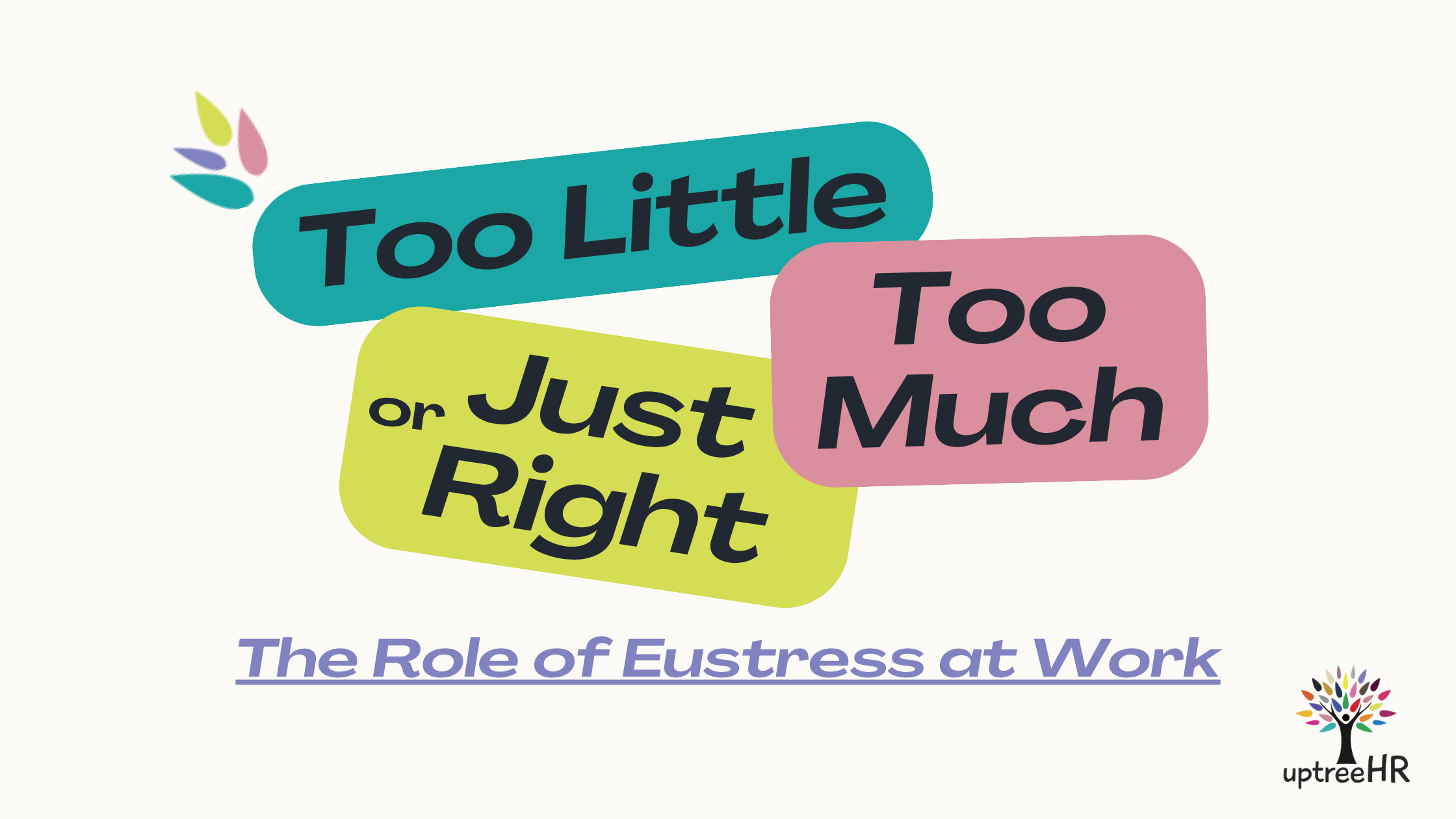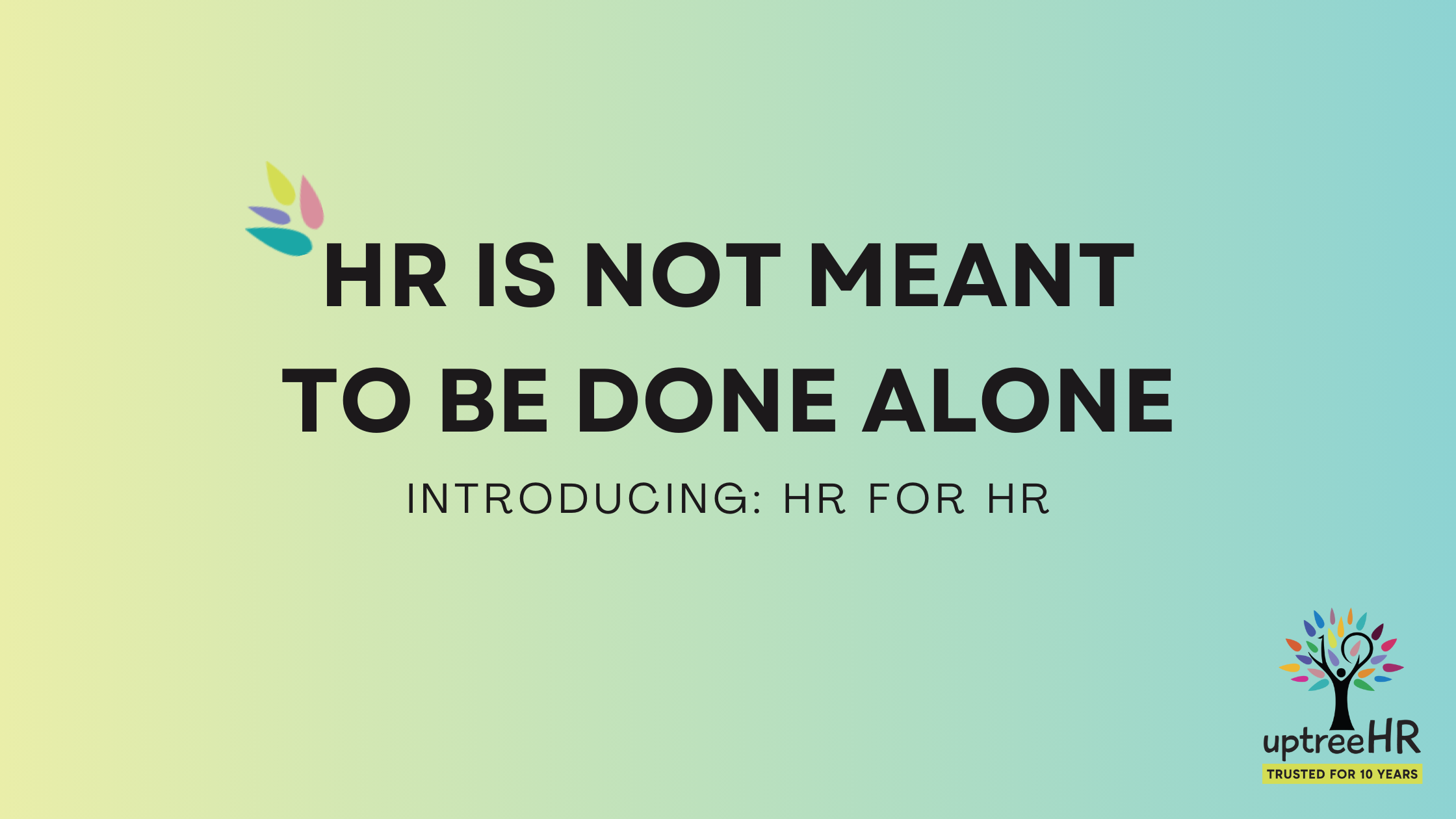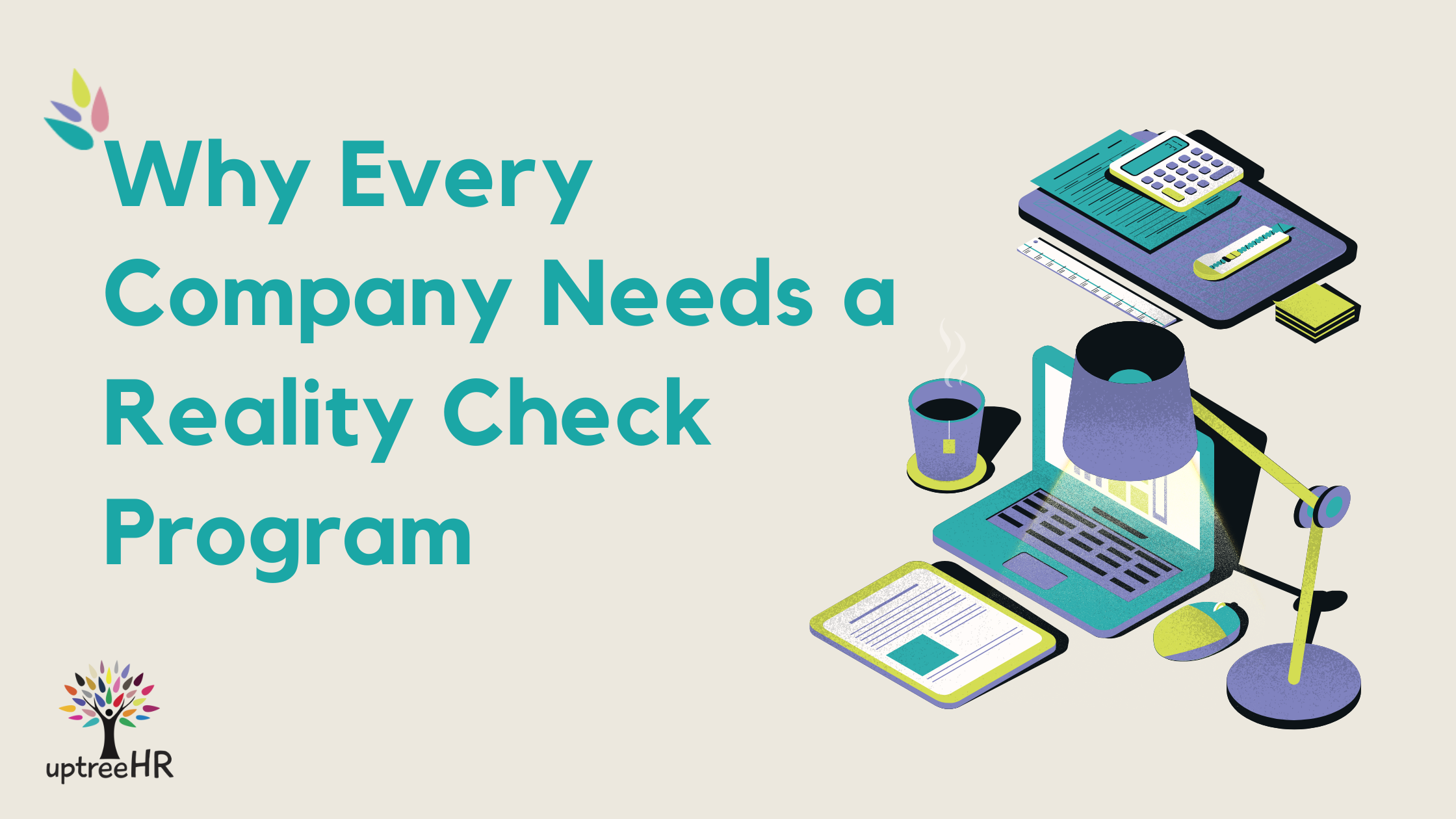
When we think about stress at work, our minds often go straight to the negative – tight deadlines, heavy workloads, and that constant feeling of being “on.” But not all stress is created equal. In fact, some stress can be good for us. It boosts motivation, enhances focus, and can lead to stronger performance, and greater job satisfaction. This healthy kind of stress is known as eustress.
What is Eustress?
Eustress is the healthy, productive type of stress that pushes us just outside our comfort zone, but not so far that we feel overwhelmed. It’s the feeling you get before doing something for the first time, like taking on a new project or learning a new skill.
It’s the spark that fuels motivation, resilience, and growth.
When employees experience eustress, they often feel:
- Energized and motivated to perform at their best
- More engaged and creative in their work
- A sense of accomplishment after meeting a challenge
- Confident in their ability to grow and succeed
In other words, eustress can be the secret ingredient that keeps teams learning, performing, and progressing.
What Happens When There’s No Stress?
While it might sound ideal, a completely stress-free workplace isn’t actually healthy either.
When there’s zero pressure or challenge, employees can become disengaged, bored, and unmotivated. Without goals to strive toward or expectations to meet, people lose that sense of purpose and drive that makes work meaningful.
Over time, this can lead to:
- A decline in productivity
- Low morale and lack of initiative
- Stagnant growth for both individuals and the organization
Just like a muscle needs resistance to get stronger, employees need a healthy level of challenge to stay engaged and grow.
When Stress Tips the Scale
On the other end of the spectrum lies distress, the harmful kind of stress that drains energy, dampens creativity, and erodes well-being.
When employees are under constant pressure without the time or support to recover, the body and mind begin to break down. This can lead to:
- Emotional exhaustion and cynicism
- Physical and mental health issues
- Increased absenteeism
- Declining performance and morale
- Burnout
Relentless stress with no reprieve doesn’t just impact individual employees, it affects the whole organization through turnover, reduced engagement, and a loss of trust and psychological safety.
Finding the Balance
The goal isn’t to eliminate stress entirely, it’s to find the right balance. Organizations that create environments with manageable challenges, clear goals, and strong support systems enable eustress to thrive.
Leaders can help by:
- Setting realistic goals and clear expectations
- Recognizing and celebrating effort and progress
- Encouraging breaks and recovery time
- Promoting open communication about workload and capacity
- Providing growth opportunities that stretch employees, not break them
When managed well, stress can become a powerful force for motivation and achievement rather than burnout and fatigue.
A workplace without any stress is stagnant. A workplace with too much stress is unsustainable. But a workplace that cultivates eustress, that sweet spot between comfort and challenge, is one where people feel energized, capable, and motivated to do their best work.
Michelle MacFadgen, CPHR is the Director of Client Engagement at uptreeHR, an outsourced Human Resource department for small to medium-sized businesses. Michelle and the team are based in Halifax, Nova Scotia.
To book a complimentary 30-minute consult with Michelle, click here.
Leave A Comment
Over the years, we have been approached again and again by companies [...]
DoorDash has had a program since its early days called [...]
Turnover is a normal part of running any organization, but [...]




